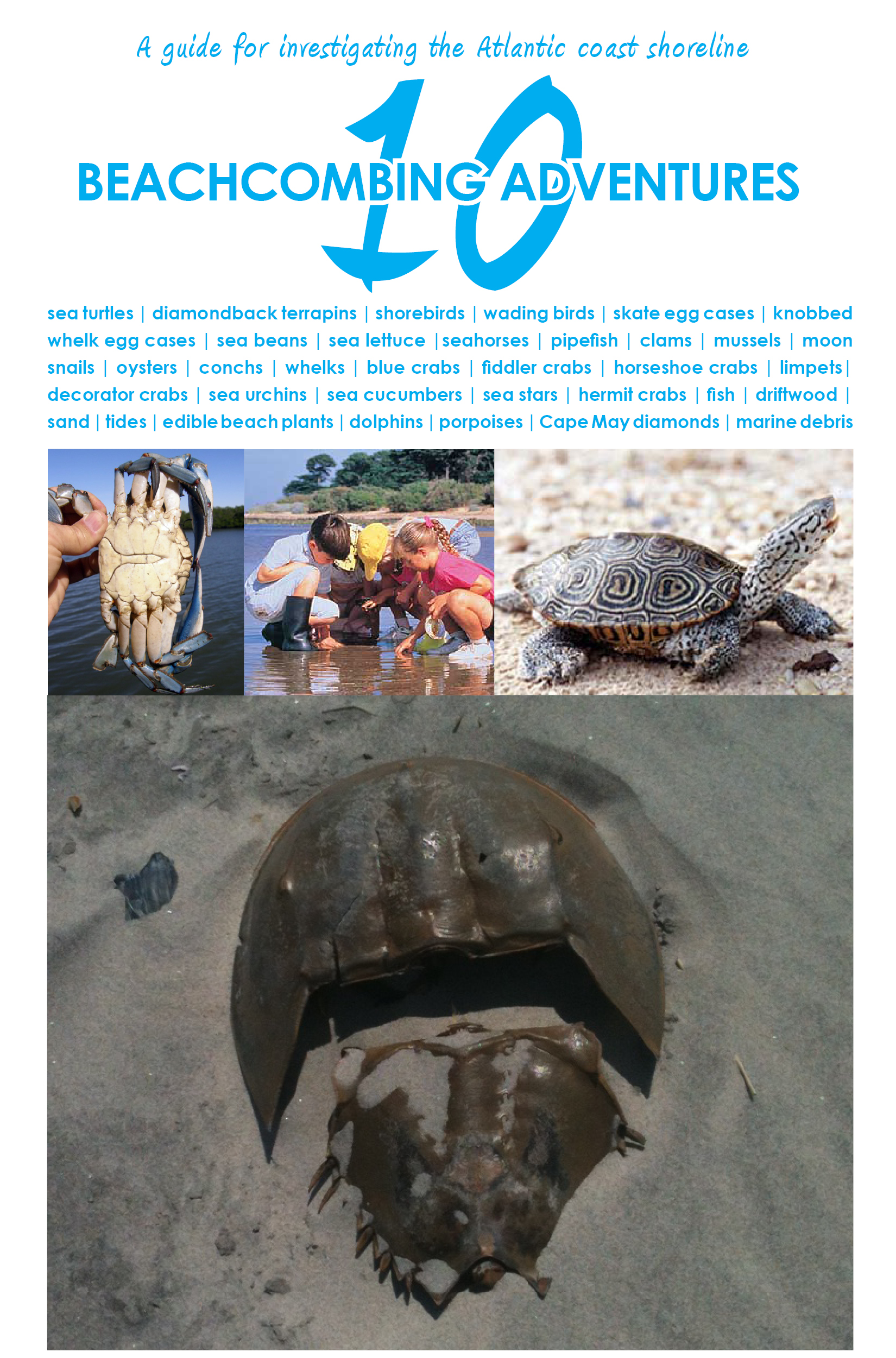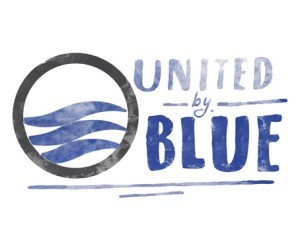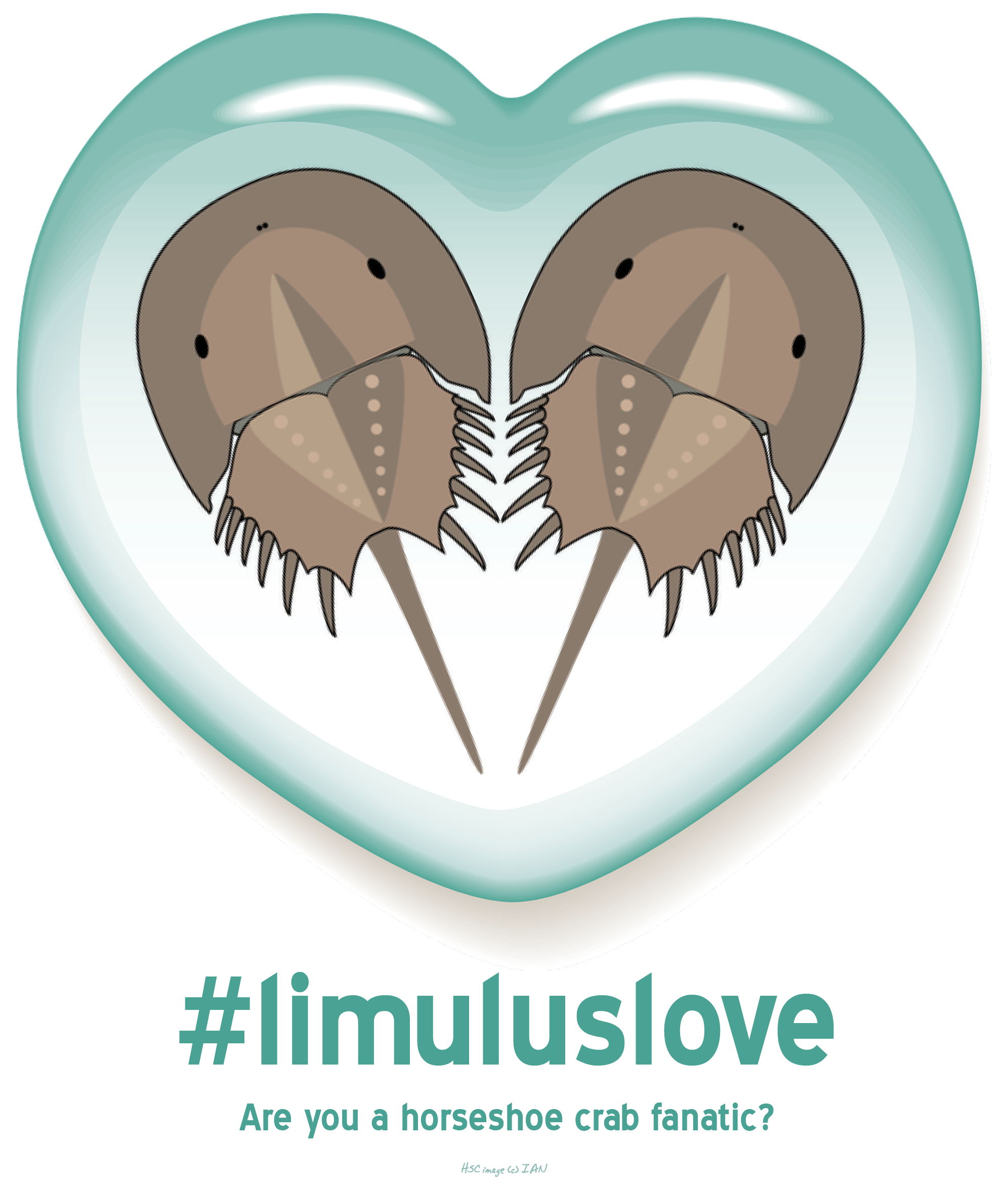Keep calm. Also, remain at least 100 feet back so as not to scare the animal back into the ocean. If the animal is injured you want to be sure to get experts there immediately to investigate. If you are on the Atlantic coast call one of the following members of the Northeast Stranding Center.
Maine:
College of the Atlantic (207) 288-5015
University of New England-Hot Line (207) 580-0447
Massachusetts, New Hampshire & Maine:
New England Aquarium (617) 973-5247
Connecticut & Rhode Island:
Mystic Marinelife Aquarium (860) 572-5955
New York:
Riverhead Foundation (631) 369-9829
New Jersey:
Marine Mammal Stranding Center (609) 266-0538
Delaware:
Marine Education, Research and Rehabilitation Inst.(302) 228-5029
Maryland:
Cooperative Oxford Laboratory (800) 628-9944
National Aquarium in Baltimore (410) 408-6633
Washington, DC:
Smithsonian Institute (202) 357-1923
Virginia:
Virginia Institute of Marine Science (866) 493-1085
Virginia Aquarium and Marine Science Center (757) 437-6159
Typically you can volunteer at a stranding center. This would involve being available for crowd control and keeping the animal damp with towels during the interim time when an animal is spotted until experts can show up to diagnosis the animal. You must be properly trained before you become a proper marine mammal stranding volunteer.
For more information check out the place I volunteered during my old undergraduate days: http://www.marinemammalstrandingcenter.org/main.htm
Do you have another great question? Check out www.beachchairscientist.com and let us know what you always ponder while digging your toes in the sand!







Speak Your Mind